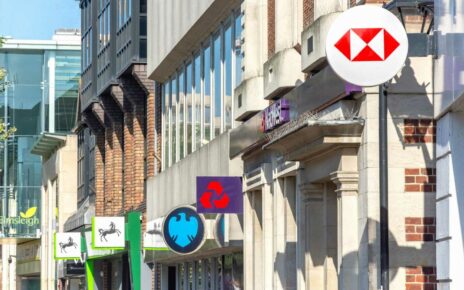Save articles for later
Add articles to your saved list and come back to them any time.
If you want to feel like Gulliver, walk a supermarket aisle. Staple things like jam or cereal are shrinking on the shelf. Not in number but size, like a value pack box of Weet-Bix shedding almost 80 grams in a year. Or a family block of chocolate dwindling from 250 to 200 and now 180 grams, all the while keeping its shape and purple lustre.
Welcome to shrinkflation, where beer or wine bottles hold their price despite trimming volume. While we watched the lunar eclipse in May, the Mars bar shrank from 53 to 47 grams, the price unflinching. Companies adopt such ploys to preserve our spending habits. Price jumps catch the eye, scare the horses. Better to lose a spoon of shampoo, say, or narrow the toilet roll than have ex-customers scrimping on expenditure in the bathroom.
Coining such words, and having more consumers know them, is vital in keeping our feelers primed.Credit: iStock
You probably knew the term, and the tactic, but what about its service equivalent? Peter Martin, economics editor of The Conversation, gives the airline example. “I flew from Canberra to Melbourne today. In the past, I have been offered a cup of tea or coffee on my flight, but not today. Just water only.”
Corners are cut, in other words. Beds aren’t remade in hotel rooms unless requested. Towels aren’t replaced under the rhetoric of environmentalism. Helplines are outsourced, or automated. Those same shrinkflation supermarkets are offering self-checkout lanes by way of skimpflation – same price, poorer service.
Meanwhile, stagflation is the perfect hellstorm, where zero growth in jobs or wages is matched by shrink-, skimp- or just plain inflation. Coining such words, and having more consumers know them, is vital in keeping our feelers primed. As passengers, and guests, and chocolate-eaters, we get to call bullshit when the likes of Trish Hyde, chief executive of the Confectionery Manufacturers Association, says, “We are reverse-engineering our portion sizes in order to better align them with what it’s responsible to eat.” Or if not bullshit, then at least wave a flag and yell “shrinkflation!” – labelling motives for what they truly are.
As a field, economics has long been fertile ground for new words, from glass ceiling to recessionista, from credit crunch to vulture fund. Cryptocurrency alone has been its own weird turbine, generating altcoin, or memecoin, to identify the digital dollars that fill your flash drive, alias a cold wallet.
Blockchain may be tricky for lexicographers to define (try “a shared, encoded series of transactions used to trade and protect cryptocurrency across a distributed network”), yet you must admire its crisp appeal as a piece of language.
In terms of collocation, or words used in frequent combination, economy is promiscuous, pairing up with over 30 spouses in the Macquarie, from black to pink economy, from micro to macro, from patchwork to blue (economy based on sustainable ocean resources), from cash to shadow economy. We even have the sheconomy, debuting in 2007, to denote the dollars generated by female consumers. Though the recent darling is the gig economy, the sector of the precariat, or those workers with negligible job security.
Picture professional dog-walkers, pizza couriers, ride-share drivers: the obvious candidates. Now picture anyone on a short-term contract, like most of us, or permatemps in the new dialect, whose only sense of a silo career is a seasonal jackeroo tipping grain into storage.
Essayist Thomas Carlye called economics a dismal science. That may be true, but the same dreary business defines our lives, creating a flamboyant band of new words into the bargain, endowing us the tools we need to nail what double-dealing we see.
To read more from Spectrum, visit our page here.
The Booklist is a weekly newsletter for book lovers from books editor Jason Steger. Get it delivered every Friday.
Most Viewed in Culture
From our partners
Source: Read Full Article



